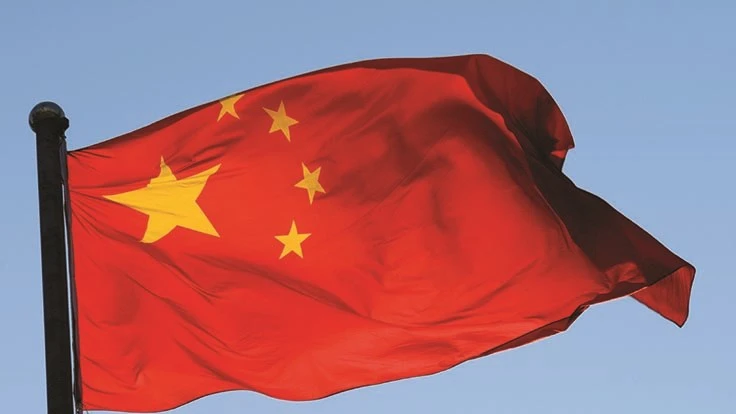
A 160-page report released in January 2018 by the office of the United States Trade Representative (USTR) expresses numerous concerns about China’s trade policies, with scrap materials among the many sectors mentioned. (A link to the full report can be found toward the bottom of this web page.)
In a section of the report on China’s import licensing policies, the USTR report authors write, “A variety of specific compliance issues continue to arise. In 2017, these included a new import ban on recoverable wastes [plus] the administration of the tariff-rate quota system for fertilizer [and] the administration of the tariff-rate quota system for certain agricultural commodities.”
Later, in a section on Standards, Technical Regulations and Conformity Assessment Procedures, a five-paragraph subsection on an “Import Ban on Recoverable Materials” provides greater detail.
Recounting the Chinese Ministry of Environment and Protection (MEP) July 2017 notification to the World Trade Organization (WTO) about a ban on two dozen types of scrap imports, the USTR writes, “The comment periods provided by China were less than the 60 days required by the TBT [Technical Barriers to Trade] Agreement, and the timeframe for implementation was less than six months.”
Addressing new scrap contamination thresholds announced by the MEP later in 2017, the USTR authors write, “It does not appear that similar restrictions apply to domestically sourced recoverable wastes or recovered materials.”
Regarding the potential extent of the economic harm, USTR adds, “U.S. exports to China of the recoverable wastes or recovered materials covered by the measures totaled $479 million in 2016. U.S. stakeholders expect the measures to have significant negative impact on those exports. In 2018, the United States will continue to urge China to reconsider its approach.”
Throughout the 160-page report, the authors point to rules created by China’s State Administration of Quality Supervision, Inspection and Quarantine (AQSIQ) as having consistently resulted in barriers for companies exporting goods to China.
Contrary to WTO rules, according to the USTR, “U.S. exporters representing several sectors continue to report that China’s regulatory requirements are not enforced as strictly or uniformly against domestic producers as compared to foreign producers.”
The USTR continues, “Concern has grown over the past few years that China seems to be actively pursuing the development of unique requirements, despite the existence of well-established international standards, as a means for protecting domestic companies from competing foreign standards and technologies.”
That mirrors the argument being made by the Institute of Scrap Recycling Industries (ISRI) and the Bureau of International Recycling (BIR) about the new contamination levels applied only to imported scrap by the Chinese government, which are far stricter than standards in the rest of the world.
Latest from Recycling Today
- Reconomy brands receive platinum ratings from EcoVadis
- Sortera Technologies ‘owning and operating’ aluminum sorting solutions
- IDTechEx sees electric-powered construction equipment growth
- Global steel output recedes in November
- Fitch Ratings sees reasons for steel optimism in 2025
- P+PB adds new board members
- BlueScope, BHP & Rio Tinto select site for electric smelting furnace pilot plant
- Magnomer joins Canada Plastics Pact





